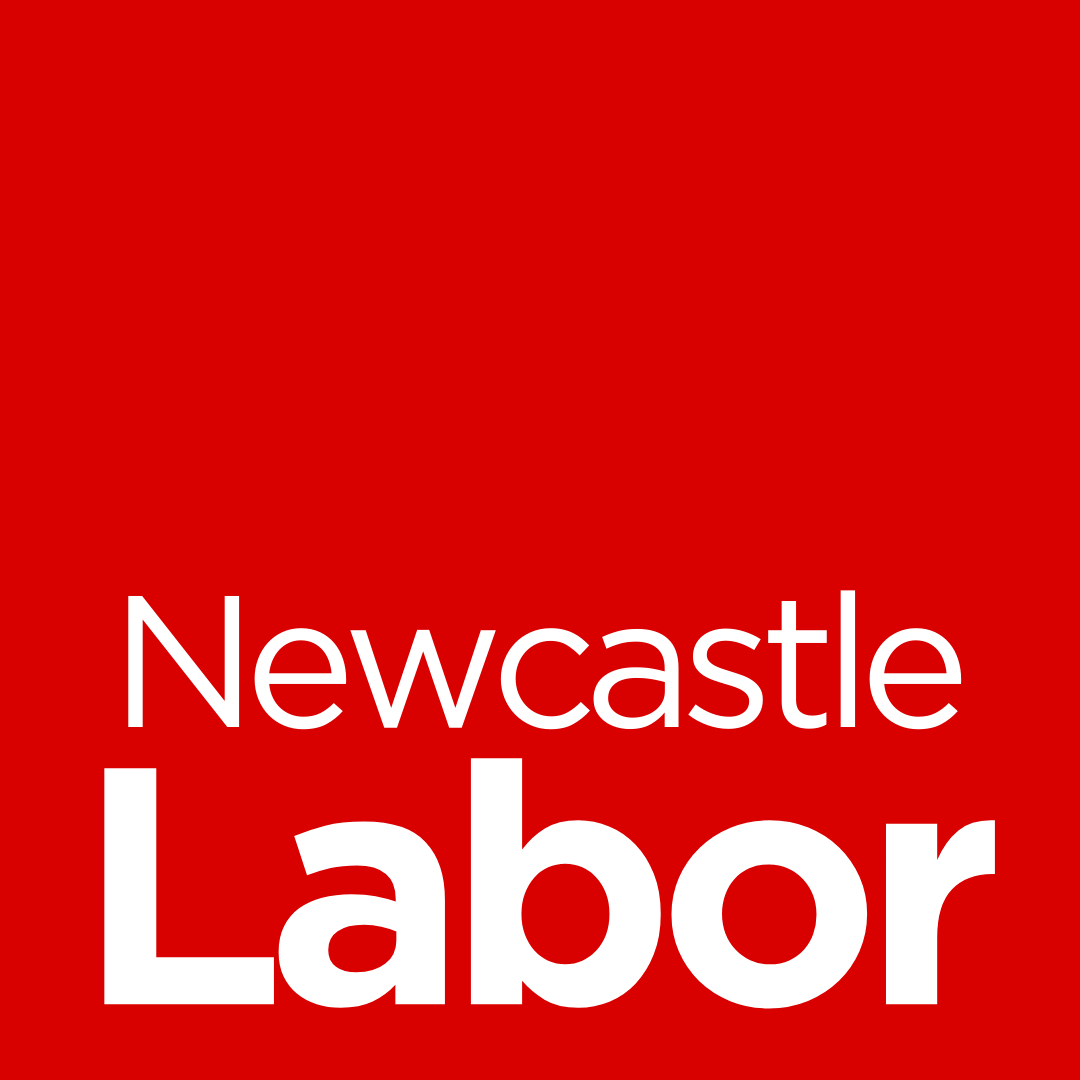Finding the key to unlock affordable living for all | Opinion, Newcastle Herald
In 2016, the United Nations set a new global agenda for urban development, aiming to provide basic services for all citizens worldwide. It's big-picture stuff, but drill all the way down to individual nations, states and local government areas and this core objective holds true.
Affordable living is an issue of growing importance, particularly in Newcastle where the cost of housing is rising rapidly, but the average wage remains well below the NSW average. Almost 60 per cent of low income households in rental accommodation in Newcastle are experiencing housing stress. That rises to more than 90 per cent for very low income earners.
But affordable living isn't solely the concern of families on a low income. Almost a quarter of Newcastle families on moderate incomes who rent are also struggling financially. Novocastrians working in many of the jobs that have low to moderate incomes are described as key workers in our community, including child care workers, nurses, police and teachers. Yet many fall between the cracks. They earn too much to be eligible for social housing support but not enough to make ends meet.
Not surprisingly, the NSW Government has identified Newcastle as having a “moderate to high” need for affordable housing. However, this is only part of the picture. Affordable living includes a range of other factors including access to jobs and services, transport and resources.
Our draft Affordable Living Plan, tabled to council last year, outlines some of the options to consider. These include setting targets for affordable housing supply, with 15 per cent the bare minimum.
New land zonings could also be considered to encourage construction of low-cost housing. Under this “inclusionary zoning”, developers would set aside a percentage of floor space for affordable housing. Affordable housing is classified as a place to live that costs less than 30 per cent of weekly household income.
As well, developers who provide affordable housing could be offered incentives such as an increase to a building's maximum height or floor space ratio.
Sadly, Australia lacks a national housing policy and its fallen to local communities to provide leadership. Other councils in Australia have introduced development standards requiring residential developers to include a mix of dwelling sizes to accommodate people of varying incomes. For example, a new residential high-rise in the CBD could be required to provide a certain percentage of one-bedroom units before it got the green light.
There may also be other, more subtle ways to address the issue. Focusing future development in Newcastle on so-called “renewal corridors” will put residents closer to transport and commercial hubs, reducing commuting costs and therefore the overall cost of living. It’s important to remember that these are not one-size-fits-all solutions. What works in one town or city may not work in ours, but we need to keep our minds open.
Representatives from local business, the property industry, charities, educational institutions and government have taken part in council’s affordable living roundtable discussion.
We have different views, but I'm confident we can work towards a common goal: to provide secure, affordable living for all.
This is essential if Newcastle is to be the inclusive, dynamic and sustainable city we all desire and deserve.

